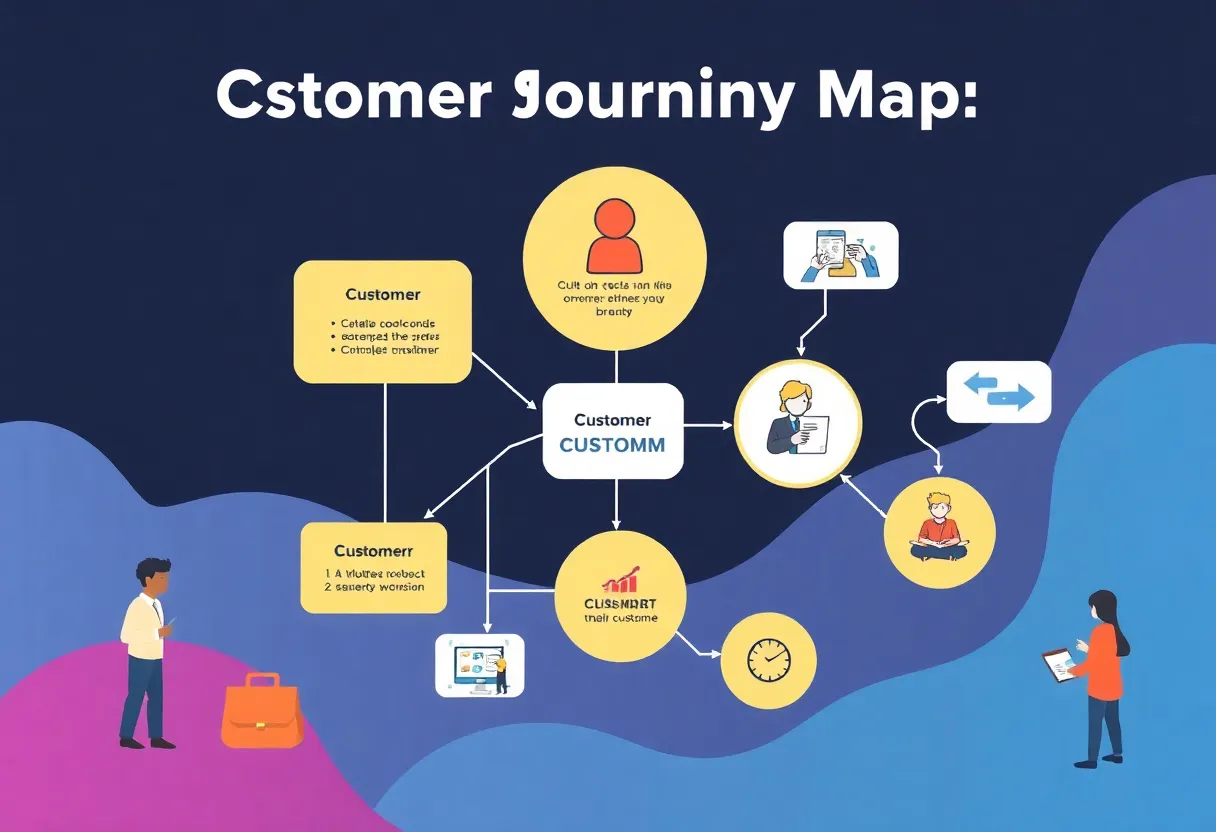How Can You Use Conversational Marketing to Increase Customer Engagement in Digital Marketing?
In the realm of digital marketing, staying relevant is crucial. One emerging strategy is conversational marketing, which fosters a dialogue between brands and customers. This approach focuses on creating two-way conversations that shift the relationship from transactional to relational. Below, we explore how to implement conversational marketing to enhance customer engagement.
Understanding Conversational Marketing
Conversational marketing refers to the use of messaging platforms, chatbots, and live chat to engage customers in real-time conversations. This approach allows brands to provide instant support and personalized experiences, catering to the growing consumer demand for immediate interaction.
The Importance of Customer Engagement
Engagement is a critical aspect of digital marketing. High customer engagement leads to improved brand loyalty, better retention rates, and increased sales. Customers who feel valued are more likely to return and recommend a brand to others. Therefore, integrating conversational marketing into your strategy can directly influence overall business performance.
Implementing Conversational Marketing
1. Utilizing Chatbots
Integrating chatbots on your website can be a game-changer in customer engagement. These AI-driven tools respond to inquiries instantaneously, providing customers with answers 24/7. They can handle basic queries, guide users through purchasing processes, and even collect customer data for future marketing efforts.
2. Leveraging Live Chat
While chatbots are efficient, live chat offers a human touch. Trained representatives can handle more complex queries and build rapport with customers. Enabling live chat fosters immediate support, reducing customer frustration and enhancing satisfaction.
3. Engaging on Social Media
Social media platforms are increasingly becoming communication channels. By engaging directly with users through comments, DMs, and even stories, businesses can create personal connections. Timely responses encourage ongoing conversations, further increasing engagement.
4. Personalization through Data
Gathering customer data is pivotal in conversational marketing. Use analytics to understand user behavior and preferences. Personalize interactions by addressing customers by name, recommending products based on history, and tailoring offers to fit individual needs. This level of personalization significantly increases customer engagement.
Best Practices for Conversational Marketing
1. Set Clear Objectives
Before implementing conversational marketing strategies, define clear objectives. Are you looking to increase sales, drive website traffic, or enhance customer satisfaction? Having specific goals will help you measure success and adjust strategies as needed.
2. Train Your Team
Ensure your team is equipped to handle conversations effectively. Training on both product knowledge and customer service skills can make interactions smoother. Employees should know how to escalate issues when necessary, providing a seamless experience.
3. Maintain Brand Voice
Your brand’s voice should remain consistent across all communication channels. Whether using chatbots or live agents, a unified brand voice ensures that your messages resonate with customers and reflect your company’s identity.
4. Monitor Conversations
Regularly analyze customer interactions. Use insights from these conversations to identify pain points, frequently asked questions, and opportunities for improvement. This feedback is invaluable in refining both your products and customer service strategies.
Measuring Success
Measuring the effectiveness of your conversational marketing efforts is essential. Track metrics such as:
- Response Times: How quickly do you respond to customer inquiries?
- Customer Satisfaction Scores: Are customers happy with their interactions?
- Engagement Rates: Are users responding to messages or initiating conversations?
- Conversion Rates: Are conversations leading to sales or desired actions?
Regularly reviewing these metrics allows for adjustments to your strategy to maximize engagement.
The Future of Conversational Marketing
As technology continues to advance, the future of conversational marketing lies in greater personalization and integration of AI. Businesses must stay ahead of trends and adapt their strategies accordingly. Innovations like voice search, augmented reality, and natural language processing are setting the stage for even deeper customer interactions.
Conclusion
In conclusion, conversational marketing is a dynamic approach to enhancing customer engagement in digital marketing. By utilizing tools such as chatbots, live chat, and social media engagement, brands can foster meaningful relationships with their customers. Implementing best practices, measuring success, and adapting strategies are fundamental to maximizing the benefits of this approach. As the landscape of digital marketing evolves, embracing conversational marketing could be your key to staying relevant and effectively engaging customers.
Author: HERE Greenwood
The GREENWOOD STAFF WRITER represents the experienced team at HEREGreenwood.com, your go-to source for actionable local news and information in Greenwood, Greenwood County, and beyond. Specializing in "news you can use," we cover essential topics like product reviews for personal and business needs, local business directories, politics, real estate trends, neighborhood insights, and state news affecting the area—with deep expertise drawn from years of dedicated reporting and strong community input, including local press releases and business updates. We deliver top reporting on high-value events such as the Festival of Flowers, Greenwood Community Theatre performances, and agricultural showcases at the Greenwood County Fairgrounds. Our coverage extends to key organizations like the Greenwood Chamber of Commerce and the Greater Greenwood United Ministry, plus leading businesses in manufacturing and healthcare that power the local economy such as FujiFilm Manufacturing and Self Regional Healthcare. As part of the broader HERE network, including HERECharleston.com, HEREColumbia.com, HEREGreenville.com, and HEREHiltonHead.com, we provide comprehensive, credible insights into South Carolina's dynamic landscape.







